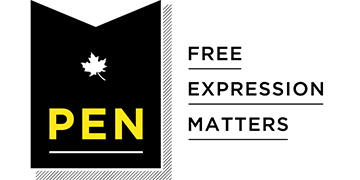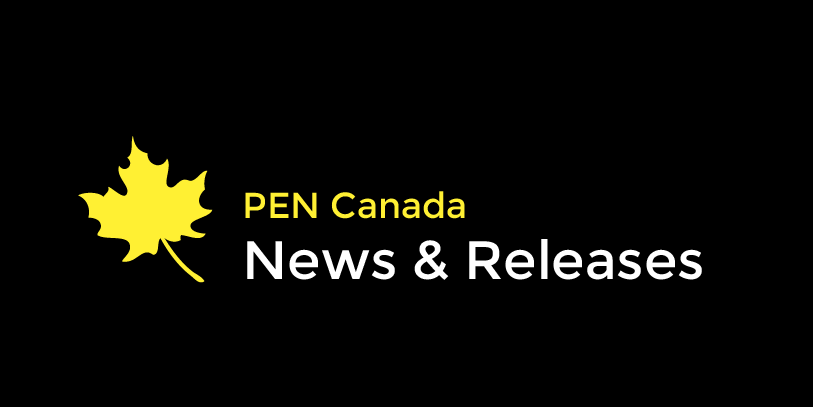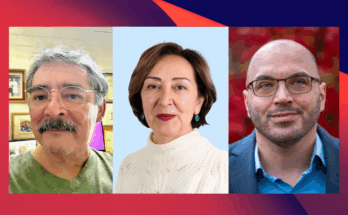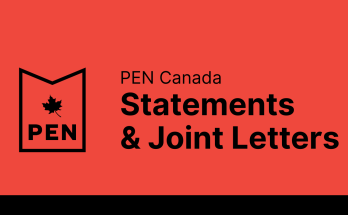One month after police repression of peaceful protests in Kazakhstan, the Kazakh authorities must urgently take action to uphold the rights to peaceful assembly and freedom of expression, PEN international said today. Presidential elections held on June 9, 2019, saw thousands hundreds of protesters – including scores of journalists covering the events – targeted for expressing their opposition to an election widely seen as unfree and unfair.
‘Peaceful protests that erupted in Kazakhstan on 9 June were met with a disproportionate response from police who arrested thousands of protestors and detained several journalists and media workers,’ said Carles Torner, Executive Director of PEN International. ‘The Kazak authorities’ reaction to legitimate, peaceful displays of opposition in the midst of a heavily biased presidential election not only demonstrates a disregard for individual freedoms and international human rights obligations, but shows once again an institutional attempt to silence opposition and curb dissent in a bid to maintain a grip on power.’
The protests, which took place in Kazakhstan’s capital Nur-Sultan (formerly known as Astana), business and cultural hub Almaty and other cities, were a reaction to presidential elections widely tipped to elect Kasym-Zhomart Tokayev, interim President and hand-picked favourite of outgoing President Nursultan Nazarbayev who ruled Kazakhstan for 29 years.
Protestors claimed that the election was rigged, calling on Kazakh citizens to ‘wake up’ and force democratic reforms. The Organization for Security and Cooperation in Europe, which monitored the elections, reported ‘significant irregularities (…) observed on election day, including cases of ballot box stuffing, and a disregard of counting procedures’. It further deplored how extensive media coverage of Kasym-Zhomart Tokayev ‘did not provide a level playing field for all candidates… [and] limited voters’ ability to make an informed choice’. Tokayev was elected with 71% of the vote.
Almost 4000 protestors were arrested across Kazakhstan, amongst them severallocal and international journalists and NGO representatives. Some media workers were also reportedly unable to obtain the paperwork needed to cover the events. In total, 677 protesters were sentenced to up to 15 days in jail and 305 were fined.
The Ministry of Interior described ‘unsanctioned rallies’ as ‘radical elements seeking to destabilise society.’ Despite newly-elected Tokayev’s calls for police to show restraint, mass arrests underline the Kazakh authorities’ deep-seated intolerance of dissenting opinion.
PEN International urges the Kazakh authorities to respect and protect the rights to freedom of expression and peaceful assembly, and to ensure that journalists are free to collect and disseminate information without obstruction and fear of reprisals.
Background information
President Nursultan Nazarbayev resigned on March 19, 2019, after almost three decades in power. Last elected in 2015 with 97.7% of the vote, he remains the chairman of Kazakhstan’s powerful Security Council and his title as “leader of the nation”. Kasym-Zhomart Tokayev became interim President on March 20, 2019. Three days later, he announced that Kazakhstan’s capital would be renamed Nur-Sultan in honour of its first president.
The right to freedom of assembly is heavily restricted in Kazakhstan, with permission from the local authorities required to hold any kind of street protest. Breaches are punished by up to 15 days’ detention under the Administrative Code and up to 75 days under the Criminal Code. In 2016, the UN Human Rights Council called on the Kazakh authorities to ‘revise all relevant regulations, policies and practices with a view to ensuring that any restrictions on freedom of assembly, including through the application of administrative and criminal sanctions against individuals exercising that right, comply with the strict requirements of Article 21 of the [International Covenant on Civil and Political Rights].’




